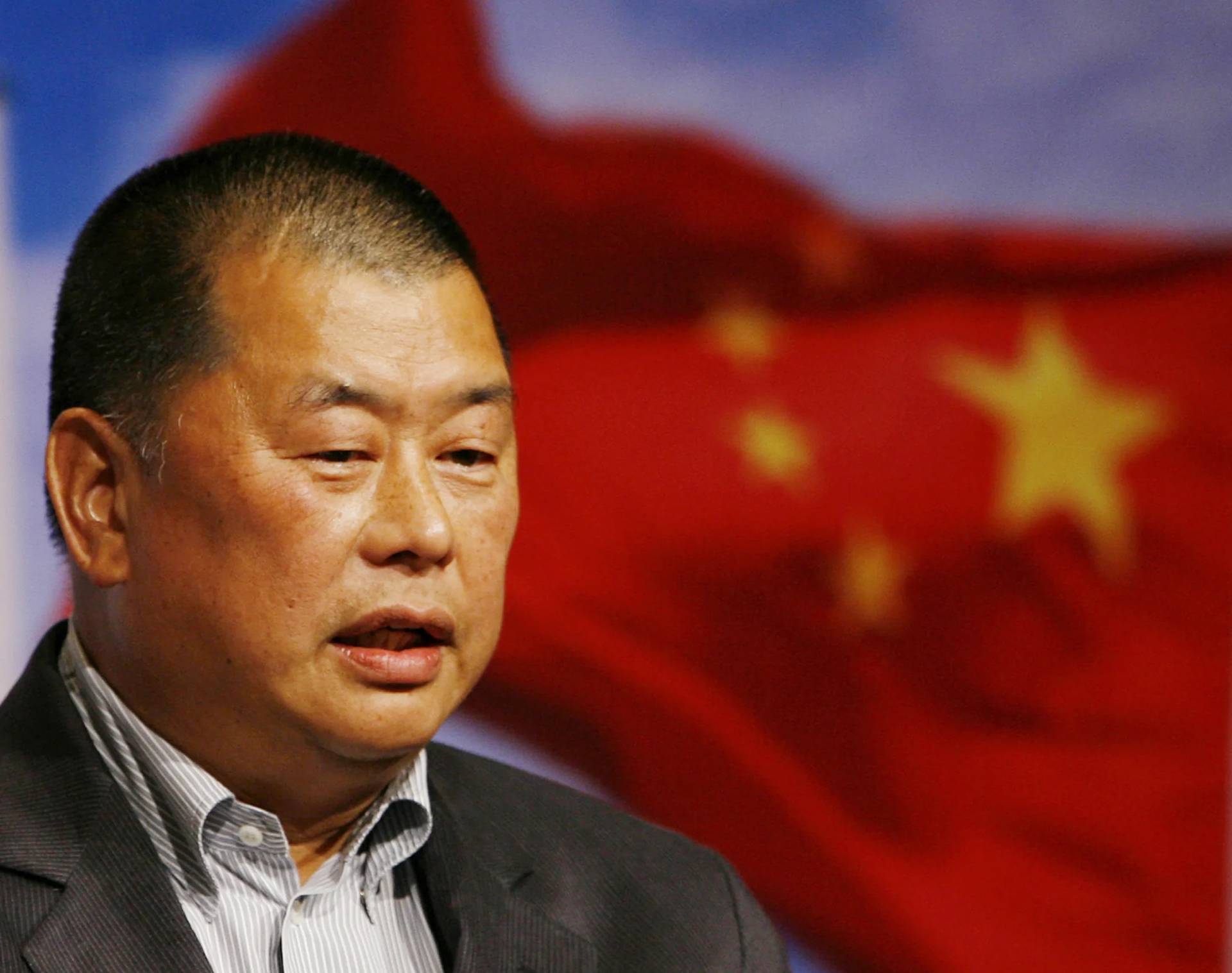Catholic leaders in the Philippines are urging Congress to ignore the call of President Rodrigo Duterte to reimpose the death penalty in the country.
Both the Philippines House of Representatives and Senate are considering bills to reinstate the practice, which was abolished in the country in 2006.
Duterte has advocated reinstituting capital punishment since he became president on a tough on crime platform in 2016.
On Aug. 11, the The Sangguniang Laiko ng Pilipinas [the bishops’ conference commission on the laity] issued a statement saying it “laments and decries the actuations of our elected lawmakers in calling back from its grave the death penalty proposals.”
The commission urged lawmakers “to remove the blinders that prevent you from seeing that death penalty is an offense ‘against the inviolability of life and the dignity of the human person.’”
“Its reimposition will single out for punishment the most vulnerable sectors of society who have no means to defend themselves. Moreover, as a country, our failure to honor our commitment, with the International Community, not to bring back death penalty, will not only put us in a bad light but lose their respect as well,” the statement continued.
The commission was referring to the Protocol to the International Covenant on Civil and Political Rights signed by the Philippines in 2016 – and ratified the next year – which prohibits signatories from using capital punishment.
The protocol doesn’t have a mechanism for a nation to leave the covenant once signed, nor is there a “denunciation clause” in the document.
In a separate statement, the clergy of the Archdiocese of Manila condemned members of Congress for “the lack of independence and imprudence of some of them who decided to immediately bow to the wishes of President Rodrigo Duterte by filing death penalty bills while we are still mired in this seemingly insurmountable crisis brought by COVID-19.”
The clergy letter said the priests of the archdiocese “recognize the heartache, distress and anguish experienced by victims of violent crimes, and we deeply empathize with them.”
“We feel the anger and despair of victims’ families who are ignored by the criminal justice system and even at times by the Church. We preside over the funeral rites for victims. We comforted their bereaved families and even assist them in their needs. Indeed, they deserve our compassion, understanding, love and support. We want to help them in their search for justice,” the letter continues.
However, the Manila clergy emphasized that their support for victims and their families “does not oblige us to push for the re-imposition of the penalty of death.”
“Instead, we call the attention of our leaders and lawmakers to make every effort to establish a system of justice that brings restoration and harmony and not death,” the letter said.
The Episcopal Commission on Prison Pastoral Care of the Catholic Bishops’ Conference of the Philippines (CBCP-ECPPC) issued a statement saying the death penalty “violates the inherent dignity of a person, which is not lost despite the commission of a crime.”
“There is no direct evidence to prove that the death penalty deters crime, as there are no conclusive studies, local or foreign, that would support this argument that it is indeed a deterrent. On the contrary, a 2009 research study found out that the consensus among criminologists is that the death penalty does not add any significant deterrent effect above that of long-term imprisonment,” the Aug. 5 statement continued.
The statement also noted that a death sentence is irrevocable; once carried out, there is no possibility for rectifying an erroneous judgment by an imperfect system.
“With the death penalty justice is nothing but punishment. But true justice is restorative, never merely punitive. It gives the person the chance to change, no matter how slim the chance may be,” the bishops’ prison committee said.
“The death penalty is tilted against the most vulnerable sectors of society, the marginalized and the poor. Experience shows that most, if not all persons meted the death penalty are the poor and uneducated, who cannot afford prominent lawyers to defend them,” it continued.
Instead, the bishops called on congress to focus on three other areas confronting the Philippines.
— To focus its full attention to coming up with a comprehensive program to combat the effects of the COVID-19 pandemic and to alleviate the plight especially of the poor who are the ones most adversely affected by the pandemic.
— To formulate laws and effectively implement existing ones aimed at modernizing and reforming the judicial and correctional systems to make them more restorative and rehabilitative, rather than punitive. This will enable convicted prisoners to be truly reformed and, after they have served time, be ready to return to the mainstream of society.
— To stop the reality of graft and corruption in the various institutions that manage the Philippines’s jails and penitentiaries, so that the basic human rights of prisoners are respected, their legitimate demands properly heard and their needs adequately responded to.
“No person, no matter how evil he is perceived to be, is beyond reformation,” the CBCP-ECPPC statement said.
Follow Charles Collins on Twitter: @CharlesinRome













